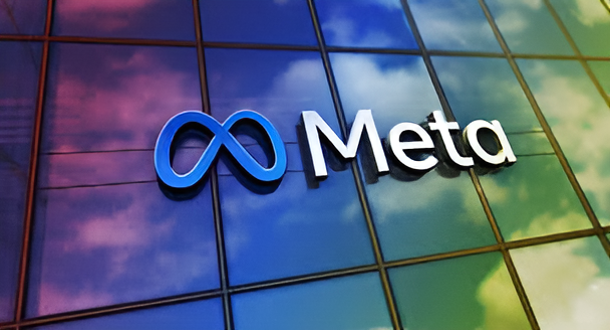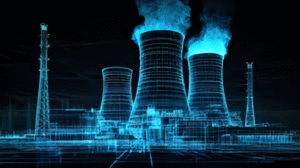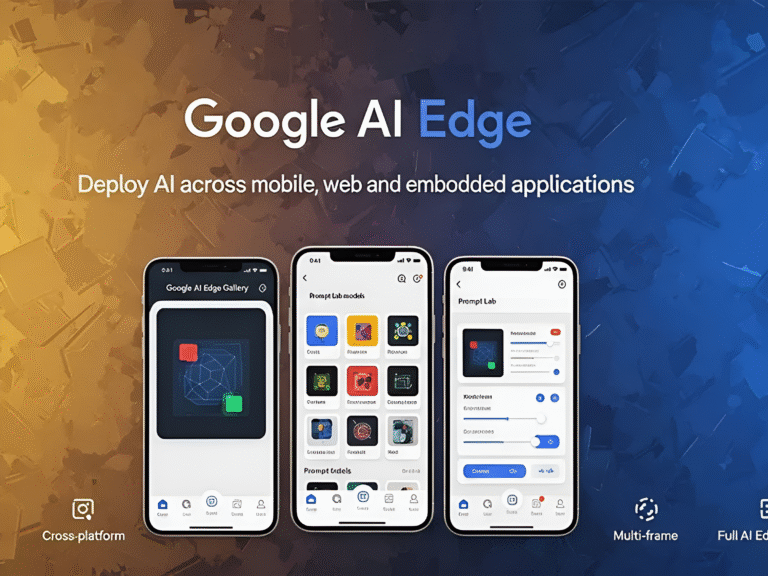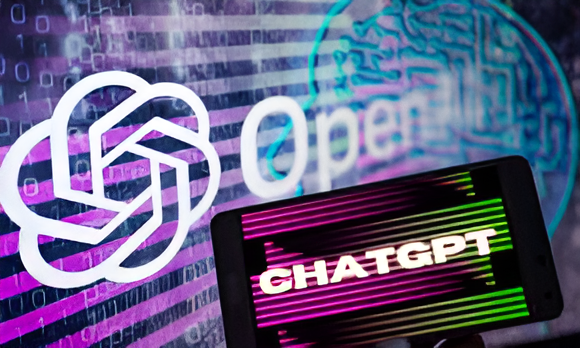
As we move further into an age dominated by AI, energy use has emerged as a vital issue. Meta (formerly Facebook) is making a revolutionary move among the tech giants competing to enhance their AI capabilities—by adopting nuclear energy to power its expanding AI infrastructure.
With the growth in size and resource demands of AI models, traditional energy sources are showing limitations or lack of sustainability. Meta’s choice to investigate nuclear energy as a solution goes beyond merely being an operational change; it marks a profound transformation in the way tech companies intend to fuel the digital future.
This article examines the motivations for Meta’s nuclear initiative, the difficulties and advantages of nuclear energy within the tech sector, and the implications for sustainable AI going forward

1. Why Meta Needs More Power Than Ever
Meta is among the biggest contenders in the worldwide AI competition, pouring significant resources into technologies such as:
- Large language models (LLMs) such as LLaMA
- Augmented and virtual reality via Meta Quest
- The immersive social platforms and metaverse
- AI research laboratories like FAIR (Facebook AI Research)
All of these initiatives necessitate tremendous computational power. Training a single LLM can use up millions of kilowatt-hours of energy, which is comparable to the power consumption of thousands of homes for an entire year.
Energy-Hungry AI Workloads
Meta’s AI supercomputers, data centers, and cloud infrastructure run continuously and rely on high-density power sources. With the increasing dependence on graphics processing units (GPUs) and AI accelerators, the need for reliable, scalable, and clean energy is also rising.
2. The Case for Nuclear Power
Stable, High-Density Energy Source
Nuclear energy, unlike wind or solar power, generates a steady and substantial flow of electricity, making it well-suited for extensive AI operations.
Carbon-Free Emissions
Nuclear energy is crucial to Meta’s commitment to achieving net zero by 2030. Nuclear energy is not technically renewable, but it does not produce carbon emissions, which makes it a more environmentally friendly option than coal or natural gas.
Avoiding Grid Dependency
With the rising demand for AI, technology firms are becoming more cautious about depending on delicate local power grids. Through investment in or collaboration with private nuclear reactors or small modular reactors (SMRs), Meta secures control and reliability over its energy supply.
3. Meta’s Nuclear Strategy
Reports suggest that Meta is collaborating with external nuclear energy suppliers and contemplating long-term agreements for clean baseload power. While Meta has not revealed specific nuclear partners, insiders suggest the following:
- Collaborations with firms such as Oklo, TerraPower, or NuScale
- Investment in small modular reactors (SMRs) located close to future data center sites
- Planning for safety and compliance with regulations in coordination with the U.S. Nuclear Regulatory Commission (NRC)
This action mirrors the initiatives of other technology companies, such as Microsoft, which has recently entered into agreements to utilize SMRs for cloud operations.
4. Economic and Environmental Impact
Cost Efficiency Over Time
Nuclear energy, despite its high initial capital costs, provides considerable long-term savings because of:
- Lowest fuel cost per kWh
- Minimal operational expenses
- Facility with high energy output
For a company like Meta, which operates energy-intensive data centers worldwide, the assurance of long-term energy security can balance out initial investments.
Reducing Carbon Footprint
As climate change speeds up, nuclear energy presents Meta with a way to fulfill its sustainability commitments, alongside its investments in:
- Wind and solar farms
- Storage of batteries
- Cooling solutions based on hydrogen
5. Public Perception and Challenges
Nuclear power has significant challenges, despite its advantages:
- Public trepidation and regulatory obstacles stemming from past nuclear accidents (e.g., Chernobyl, Fukushima)
- Concerns regarding waste disposal and storage
- Protracted construction periods
For success, Meta needs to guarantee transparency, tackle safety issues, and work together with local communities and authorities.
6. The Role of Small Modular Reactors (SMRs)
A highly promising advancement is the emergence of Small Modular Reactors, which are:
- Compact and extensible
- More secure owing to passive safety measures
- Quicker to set up than conventional nuclear plants
SMRs are perfect for:
- Data centers situated in remote areas
- Zones with reduced emissions
- Tech campuses requiring private power systems
As part of its nuclear roadmap, Meta is anticipated to make significant investments in SMR technology.
7. The AI-Nuclear Nexus: A Future Trend?
Meta’s action could establish a precedent for other technology companies such as:
- Google, which also runs AI models that consume a lot of energy
- Amazon AWS, operating extensive cloud services
- NVIDIA and OpenAI, known for their power-hungry GPUs and LLMs
With AI entering the mainstream, the technology sector needs to pursue innovations in power sourcing with the same vigor as it does in computing. The solution to achieving scalable, ethical, and sustainable AI may lie in nuclear energy.
8. Expert Opinions and Industry Reactions
Experts in the industry are divided:
Supporters Say:
- “It’s a courageous move, but it has to be done. In under ten years, AI will cause energy demand to double.
- „Kernenergie liefert die notwendige Zuverlässigkeit für Technologieunternehmen – und das ohne CO2-Emissionen.“
Critics Argue:
- “The risk is still excessive. Tech companies ought to give priority to renewables first.
- “What becomes of the nuclear waste? If it’s privately owned, who oversees this? ”
Meta will have to balance innovation with responsibility carefully.
9. What This Means for Consumers
Although mostly in the background, Meta’s power sourcing impacts:
- The expense for AI services (less expensive energy = less expensive cloud expenses)
- Ecological consequences of your preferred applications (e.g., Facebook, Instagram, Threads)
- The future velocity and capability of AI tools you utilize every day
With a more stable and efficient energy base, Meta can provide faster AI tools, more immersive metaverse experiences, and large-scale sustainable innovation.
10. Final Thoughts: A New Era of Tech-Powered Sustainability?
Meta’s shift towards nuclear energy goes beyond merely energizing servers; it involves a fundamental reevaluation of the infrastructure that underpins the digital realm. With AI’s ongoing transformation of industries, its energy footprint must develop in tandem with these changes.
If it succeeds, Meta’s nuclear strategy could reshape the relationship between Big Tech and clean energy, possibly ushering in a new age of technology-fueled environmental accountability.
For more Information : Health tips , Entertainment, food Technology







